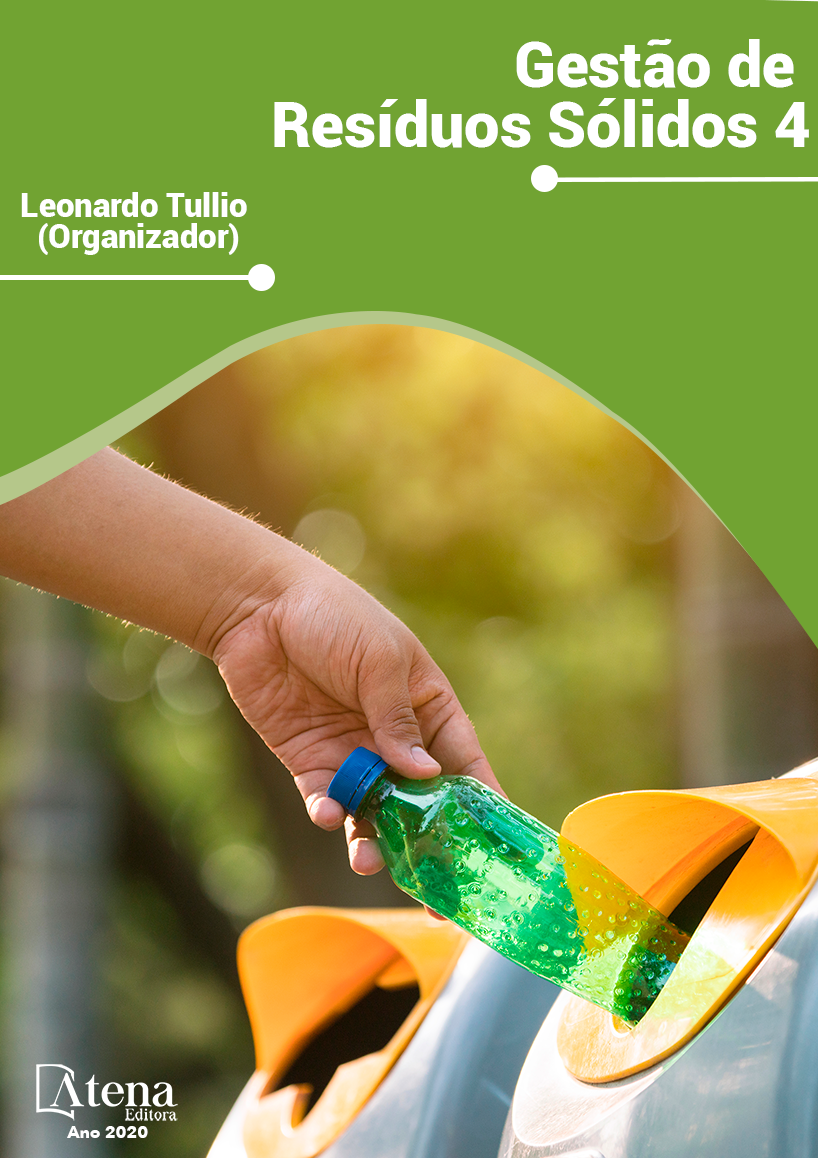
GESTÃO DE RESÍDUOS SÓLIDOS URBANOS EM SÃO LEOPOLDO/RS
Este trabalho apresenta um estudo exploratório-descritivo sobre os dados da gestão de resíduos sólidos urbanos domiciliares e da coleta seletiva do Município de São Leopoldo, RS. Para tal, foram analisados o Plano Municipal de Gerenciamento Integrado de Resíduos Sólidos do Município (PMGIRS), matérias jornalísticas e, aplicado um questionário semiestruturado sobre a quantificação destes resíduos. O Município de São Leopoldo implantou a coleta seletiva em 2009, antes da PNRS ser aprovada. A elaboração do PMGIRS, em 2012 forneceu subsídios para que, em 2014, integrasse à coleta seletiva as cooperativas de recicladores/as, fornecendo estrutura e melhores condições de trabalho e renda. No período estudado - primeiro semestre dos anos de 2016 e 2017 - houve uma porcentagem de 12,5% e 11%, respectivamente, de resíduos triados em comparação ao total de resíduos sólidos urbanos domiciliares (RSU-DO) coletados. Deste percentual, as cooperativas de recicladores/as contribuíram com 7,9% e 6,5%, respectivamente. Constata-se que a integração entre a gestão pública municipal e as cooperativas de catadores/as tem sido uma solução para aumentar a fração de resíduos triados e encaminhados para a reciclagem, em consonância com as metas da PNRS. Porém, mesmo com os avanços relacionados à Gestão de RSU no Município de São Leopoldo, e embora acima da média nacional, ainda é pequena a fração de resíduos triados e encaminhados à reciclagem, frente ao montante que é coletado e encaminhado para disposição final em aterro sanitário.
GESTÃO DE RESÍDUOS SÓLIDOS URBANOS EM SÃO LEOPOLDO/RS
-
DOI: 10.22533/at.ed.2062018066
-
Palavras-chave: Gestão; Resíduos Sólidos Urbanos; Coleta Seletiva.
-
Keywords: Management; urban solid waste; selective collect.
-
Abstract:
This work presents an exploratory-descriptive study on the data on solid urban waste management and the selective collection of the municipality of São Leopoldo - RS. For this, the Municipal Integrated Municipal Solid Waste Management Plan (PMGIRS), journalistic materials and a semi-structured questionnaire on the quantification of these wastes were analyzed. The municipality of São Leopoldo implemented the selective collection in 2009, before the PNRS was approved. The preparation of the PMGIRS in 2012 provided subsidies so that, in 2014, it integrated the selective collection of the cooperatives of recyclers, providing structure and better conditions of work and income. In the study period - first semester of 2016 and 2017 - there was a percentage of 12.5% and 11%, respectively, of waste sorted in comparison to total household solid waste (RSU-DO) collected. Of this percentage, the cooperatives of recyclers contributed with 7,9% and 6,5% respectively. It is said that the integration between the municipal public management and the waste collector cooperatives has been a solution to increase the fraction of waste sorted and recycled, in line with the goals of the PNRS. However, even with the advances related to MSW Management in the municipality of São Leopoldo, and although above the national average, the fraction of waste sorted and recycled is still small, compared to the amount that is collected and sent to final landfill disposal.
-
Número de páginas: 15
- Daiana Schwengber
- Kellen Cristine Pasqualeto
- Carlos Alberto Mendes Moraes
- Joice Brochier Schneider
- Joice Pinho Maciel


